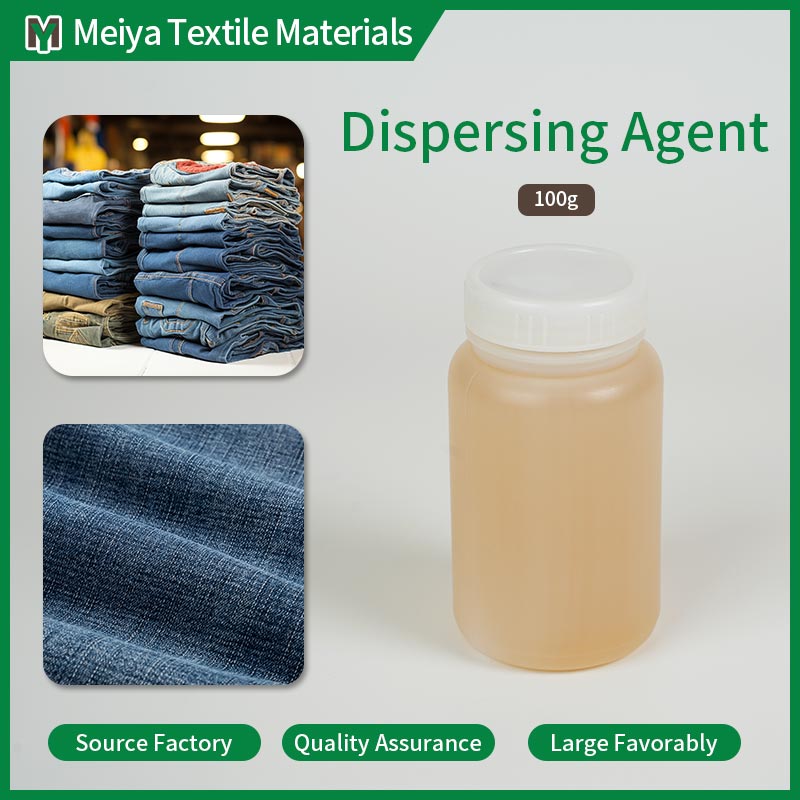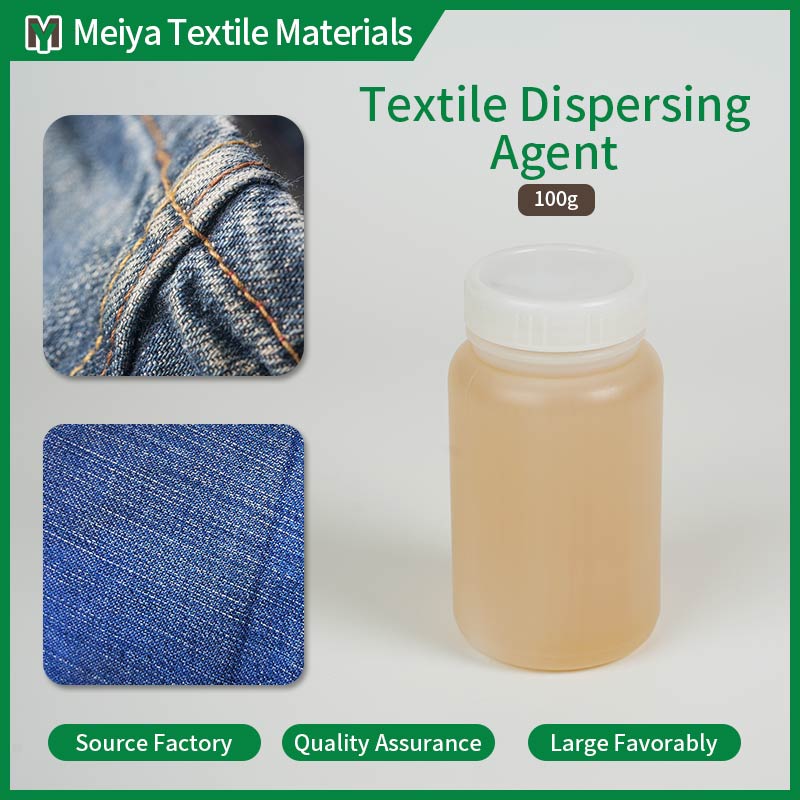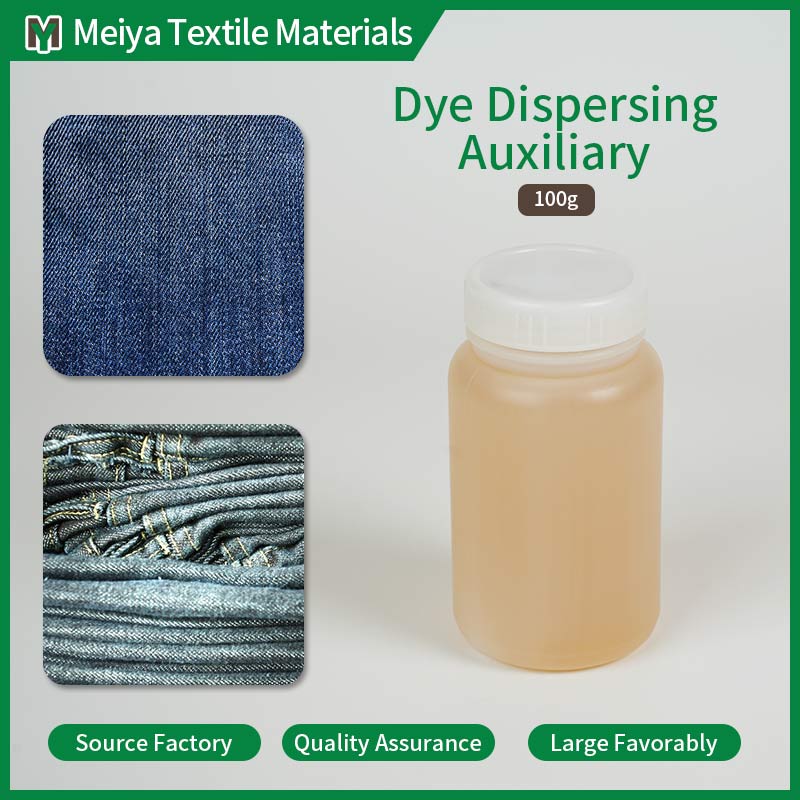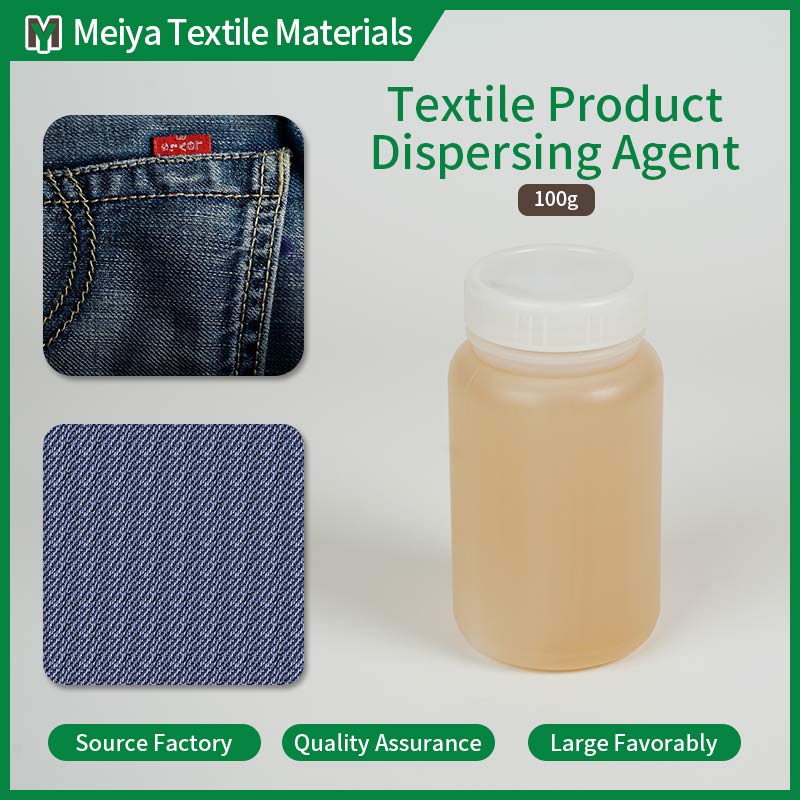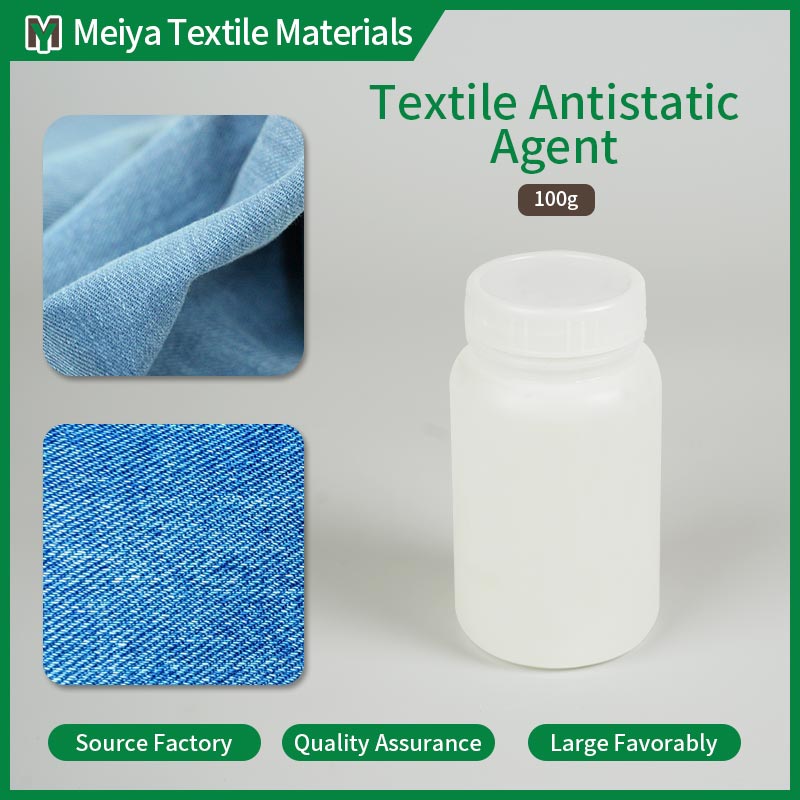Antistatic Agents for Textiles
Please click the button below to contact us.
Introduction:An Antistatic Agents for Textiles can be used in different fabrics where it eliminates static electricity, which enhances user experience while using it. This agent is produced by a top China Textile Antistatic Agent Producer and keeps textiles free from electric charge making them have a good appearance.
Product Description
Antistatic Agents for Textiles
An Antistatic Agents for Textiles can be used in different fabrics where it eliminates static electricity, which enhances user experience while using it. This agent is produced by a top China Antistatic Agents for Textiles Producer and keeps textiles free from electric charge making them have a good appearance.
This 100g bottle of Antistatic Agents for Textiles is suitable for various fabrics including denim as seen in the image below. Once applied, this agent counters any static charges hence clothes do not stick to body or pick dust accumulating around the environment. This makes it especially useful for clothing and textiles designed for environments where there may be problems with this phenomenon.
It will be very helpful when producing denim fabrics that are usually prone to static because they are densely woven. By applying this product, companies can make jeans and jackets more functional and convenient and ensure their ability to maintain an antistatic state while wearing.
This product ensures that it has high quality standards always maintained by the respected China Antistatic Agents for Textiles Producer. The original factory follows stringent quality control measures guaranteeing the best standards during each batch production. Its efficiency as well as affordability have made this textile finishing an attractive option among many manufacturers in the field thus enabling their output level to be maintained without compromising on quality.
In conclusion, textiles producers need a Textile Antistatic Agent for improving comfort and performance levels of their materials. It is applied on clothes so that they remain free from electrical charges thereby increasing their marketability as well as usage rate. For fashion garments, home textiles or industrial uses one can never leave behind this one in any textile processing works.
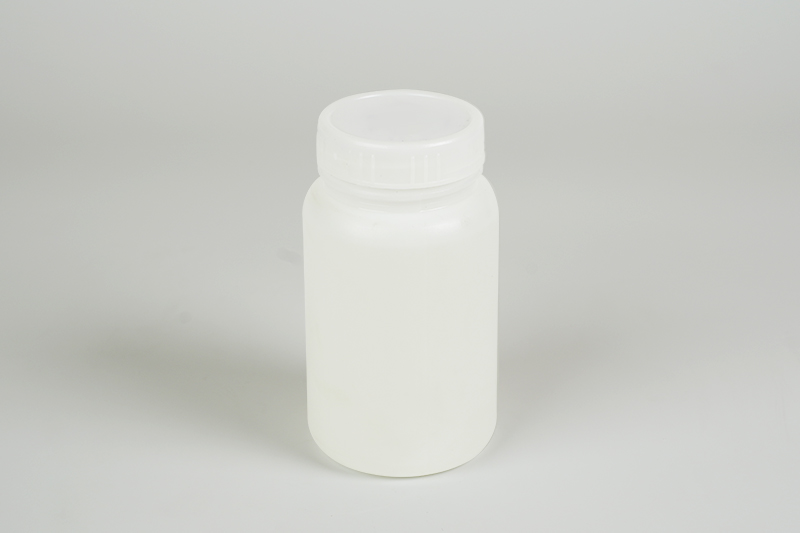
Antistatic Agents for Textiles Features:
1. Static Reduction:
This agent is specifically formulated to reduce and control static electricity on textile surfaces, preventing issues like static cling and discomfort.
2. Surface Resistivity Control:
It regulates surface resistivity, facilitating the dissipation of static charges and ensuring textiles remain static-free.
3. Versatility Across Fabric Types:
Designed to be versatile, it is compatible with a wide range of fabric types, including natural fibers (cotton, wool) and synthetic fibers (polyester, nylon).
4. Consistent Performance:
The agent provides consistent antistatic performance, ensuring reliable protection through various wear and wash cycles.
5. Enhanced Wearability:
Fabrics treated with Antistatic Agents for Textiles offer enhanced wearability, contributing to a more comfortable and enjoyable experience for the wearer.
6. Safety Improvement:
Particularly important in industrial and technical textiles, it enhances safety by minimizing the risk of static-related hazards.
7. Long-Lasting Effectiveness:
The antistatic effects are durable, maintaining their effectiveness over an extended period, adding to the longevity of treated textiles.
Application of Antistatic Agents for Textiles
Improved Clothing Comfort
The primary use of Antistatic Agents for Textiles is in treating garments. Clothing manufacturers may improve the comfort of clothing by adding this agent. The substance hinders static build-up which causes adherence of fabrics to the skin and attraction of dirt and lint. This is especially useful for casual clothes such as T-shirts, blouses, trousers and skirts.
Better Denim Fabrics
Denim is a fabric with dense weave that usually generates static electricity causing it to be stiff and uncomfortable to wear. As seen in the accompanying photograph, the Antistatic Agents for Textiles is particularly effective on denim fabrics. It ensures that jeans, jackets and skirts do not stick against one’s body or attract dust; therefore it simultaneously improves both comfortableness and practicality.
Goods for Home
It also finds wide application for home textiles like curtains, mattress covers, bedding sheets among others. By using theAntistatic Agents for Textiles on these items, producers can ensure their cleanliness because they will not absorb any dirt due to the presence of electric charge on them hence making cleaning easier. This results in textiles that are easy to care for as well as comfortable when using them.
Industrial & Commercial Textiles
Static electricity can have serious implications in industrial and commercial areas including interference with electronics devices or even increasing fire hazards situations among other risks. Static reduction agents in industrial filters like protective clothing, work uniforms as well as other textile materials used in such environments increase their safety guarantees.
Auto interior textiles
It is also good for auto interiors such as car seats covers, rugs or headliners etcetera by reducing static electricity it helps prevent accumulation of dirt or dust thus preserving clean comfortable vehicle cabins.
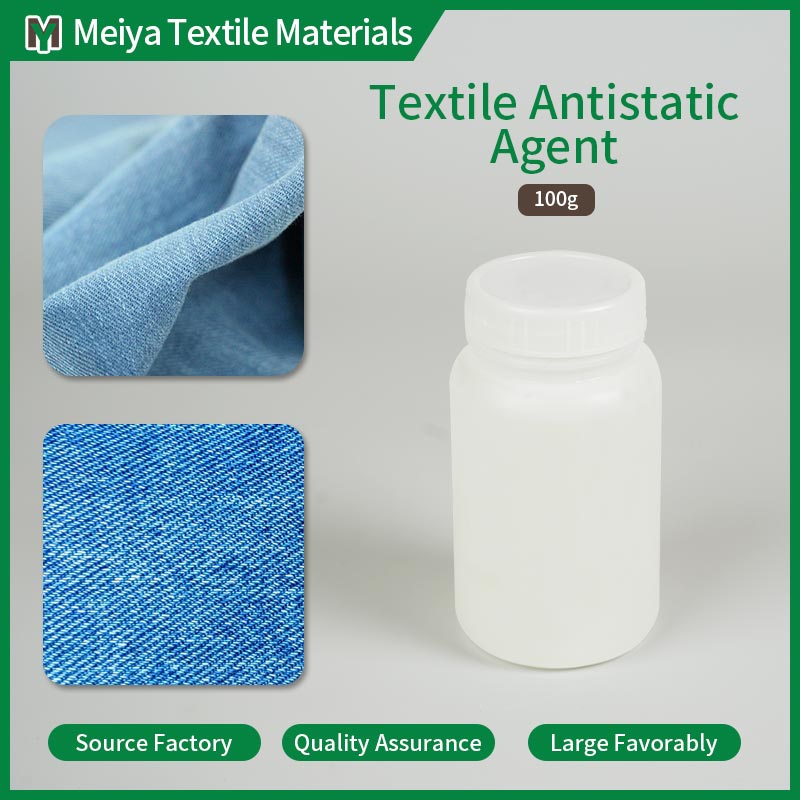
Antistatic Agents for Textiles FAQ
How is the Antistatic Agents for Textiles applied?
The agent is typically applied during the finishing process of textile manufacturing. It can be added to the final rinse or applied as a finishing treatment to ensure even distribution throughout the fabric.
Can the Antistatic Agents for Textiles be used in eco-friendly textile processing?
Yes, many formulations of the agent are designed to be environmentally friendly, reducing the environmental impact of the finishing process.
Can the Antistatic Agents for Textiles be used for home textiles?
Yes, the agent is suitable for home textiles such as curtains, bed linens, and upholstery, keeping them static-free and easier to maintain.
Can the Antistatic Agents for Textiles be used for industrial textiles?
Yes, the agent is suitable for various industrial textiles, including automotive interiors, work uniforms, and protective clothing.
Can the Antistatic Agents for Textiles be customized for specific needs?
Yes, the agent can be customized to meet specific manufacturing requirements, ensuring optimal results for different types of fabrics and applications.
Can the Antistatic Agents for Textiles be used on pre-finished fabrics?
Yes, the agent can be applied to pre-finished fabrics to enhance their antistatic properties without affecting other finishes.

